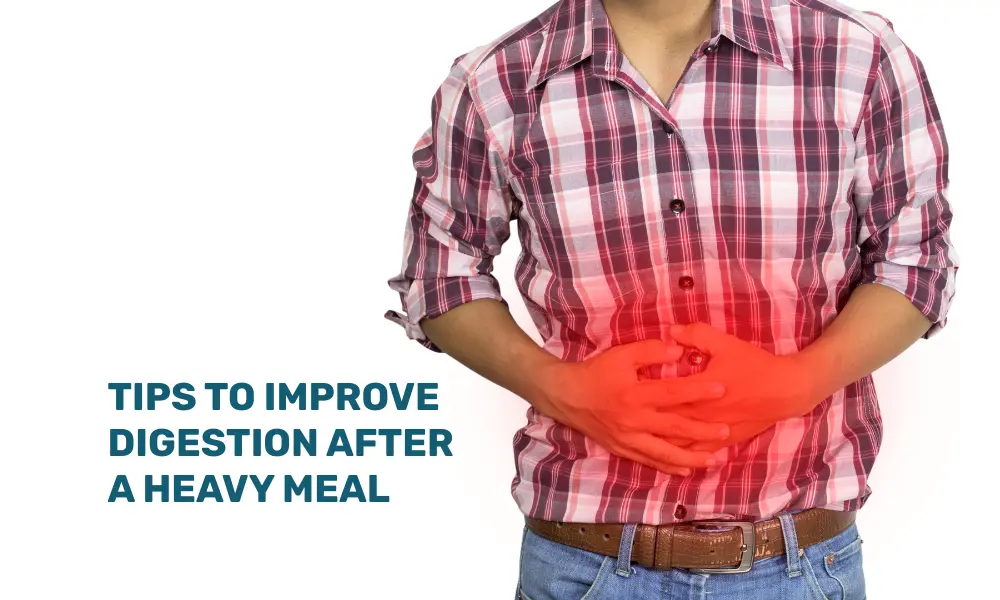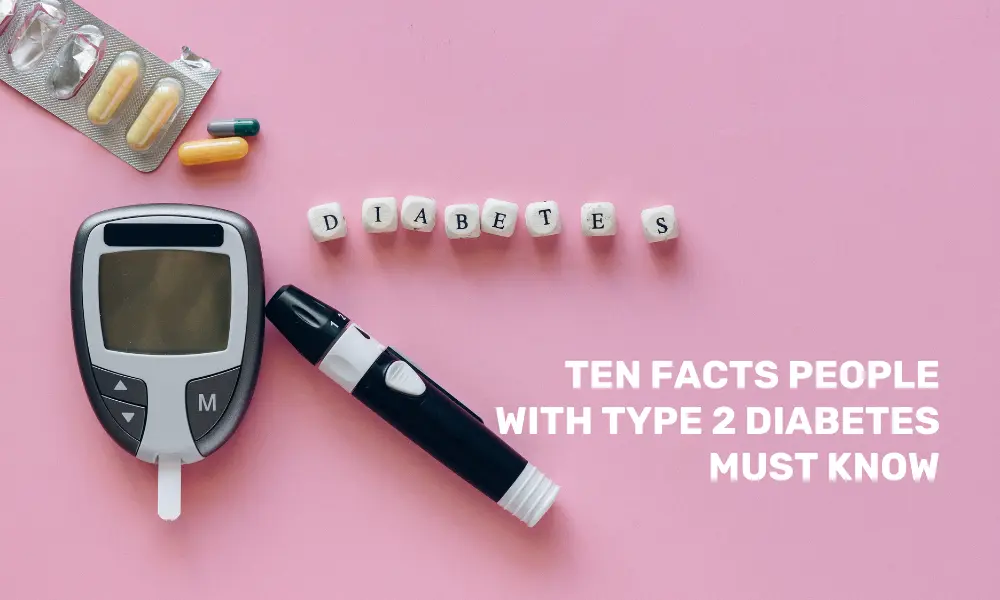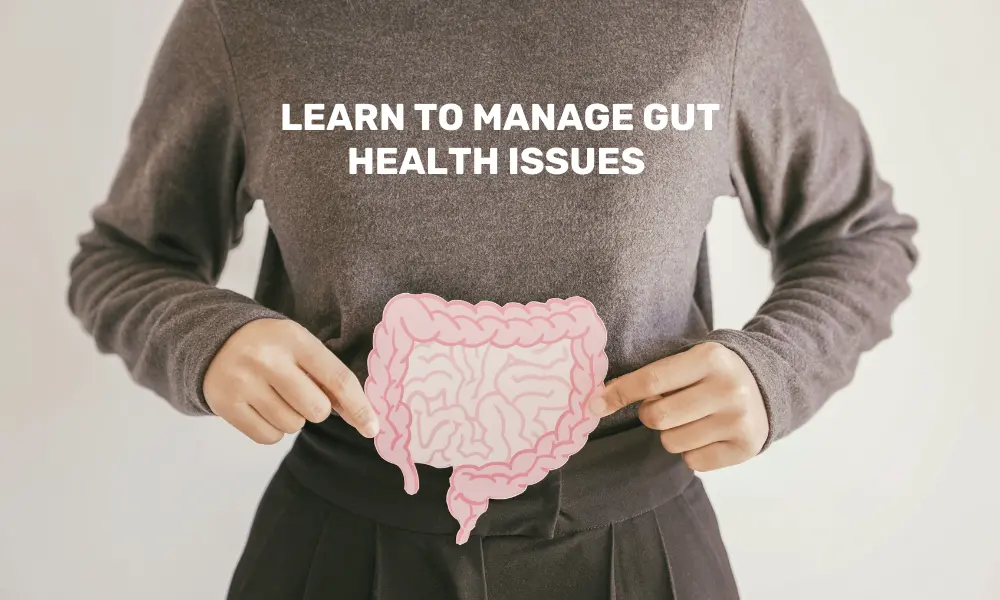Whether it is post-festival gorging, family gatherings, or simply a loaded weekend lunch, the bloated, lethargic feeling is something we all experience frequently. While it is okay to overeat occasionally, it is crucial to know how to help your digestion afterward to minimize discomfort, prevent acidity, and avoid chronic gut imbalances.
Our in-house expert, Dt. Aparna Pandey, MSC-Nutrition and Dietetics, shares why heaviness occurs following a heavy meal and what you can realistically do to assist your digestive system in recovery.
What Happens Inside Your Body After a Heavy Meal?
When we have a big, heavy meal, particularly one loaded with fats, sugars, or refined carbohydrates, our digestive system becomes overloaded. Here is what occurs:
-
Stomach Expansion: The stomach expands past its normal capacity to hold the additional food.
-
Delayed Gastric Emptying: Meals high in fats particularly slow gastric emptying, leading to food lingering in the stomach for a longer time.
-
Increased Acid Production: The stomach secretes more hydrochloric acid to digest the meal, causing acidity or acid reflux.
-
Decreased Efficiency of Digestive Enzymes: Overwhelmed by too much food, the enzymes are used less efficiently, resulting in inefficient digestion, fermentation, bloating, and gas.
Now that we have understood the mechanism, here are science-supported tips to enhance digestion after such meals:
Seven Effective Tips to Enhance Digestion After a Heavy Meal
1. Drink Warm Water or Herbal Teas: Warm water triggers digestion by enhancing circulation to the intestines. Fennel, ginger, and peppermint herbal teas can calm down the muscles of the gastrointestinal tract, ease gas, and aid smoother digestion. Ajwain (carom seeds) steeped in hot water is another effective Ayurvedic solution.
Why it works: Heat stimulates vasodilation (widening of blood vessels), which improves enzyme function.
2. Take a Gentle Walk (10-15 Minutes): Do not recline after a full meal. Instead, take a light walk. Research indicates that post-meal walking may contribute to gastric emptying and normalizing postprandial blood glucose.
Why it works: Light movement stimulates peristalsis, the wave-like muscle contractions that move food down the digestive tract.
3. Incorporate Natural Digestive Enzymes: Fresh fruits such as pineapple (bromelain-rich) or papaya (has papain) contain natural enzymes that help digest protein. A few slices after meals can alleviate heaviness.
Why it works: Such enzymes directly digest protein molecules into simpler forms, facilitating digestion.
4. Practice Deep Breathing or Vajrasana: Easy deep breathing or sitting Vajrasana (diamond pose) for 5–10 minutes after meals increases blood flow to the digestive organs, soothing the system.
How it works: Vajrasana is the only yoga pose that is advisable after a meal because it stimulates blood flow into the abdominal area, improving digestion.
5. Shun Cold Drinks: Cold beverages can freeze fats in food and make digestion slow. Use room temperature or warm fluids after heavy meals.
Why it works: Cold weather can also tighten blood vessels, slowing down digestive enzyme function for a while.
6. Use Mild Spices Judiciously: Sprinkle a little hing (asafoetida) or chew on roasted jeera (cumin) or fennel seeds after your meal. These are classic carminatives that help decrease gas and enhance digestion.
Why it works: These spices have antispasmodic and carminative effects that relieve stuck gas and stimulate the flow of bile.
7. Have a Lighter Next Meal: Don’t miss the next meal, but eat it light and high in fiber with vegetables and fermented foods such as curd or buttermilk to balance gut bacteria.
How it works: Fiber adds bulk to stool and enhances motility, while probiotics reconstitute gut flora upset by overindulgence.
In a nutshell:
Digestion is a finely tuned process, and while occasional indulgence is human, listening to your body afterward is equally important. Instead of resorting to antacids every time, supporting digestion naturally with movement, herbal remedies, and mindful eating habits works better in the long run. Remember: Food should nourish, not burden you. Let us eat with mindfulness, not guilt. For more such nutrition-related tips – CLICK HERE!
Disclaimer: This article is meant for informational purposes only and must not be considered a substitute for professional advice.





